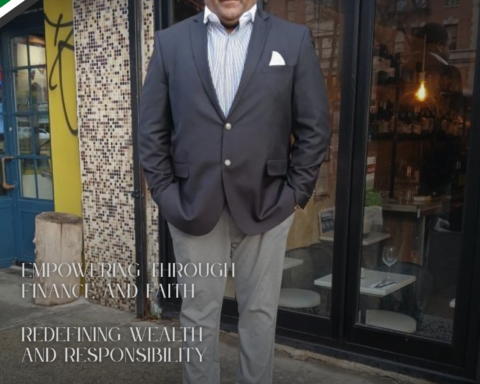The April 2024 floods across the UAE will be remembered as a pivotal moment that forced many residents to reflect on how they live and work. What started as a forecast for heavy rain turned into a national weather crisis, with record-breaking rainfall submerging streets, homes, and vehicles in just a few hours. In some areas, people were stranded in cars or buildings for over 12 hours, soaked and cut off from help.
Entire neighborhoods turned into islands, and many major roads became impassable rivers. People abandoned vehicles, waded through waist-deep water, and scrambled to find higher ground. For those caught at work, getting home became a long, exhausting ordeal. For others, home itself became a trap, with water flooding rooms and cutting electricity.
The experience exposed the vulnerabilities in urban infrastructure and raised urgent questions about how prepared cities are for extreme weather. Many residents, particularly in low-lying areas, began reconsidering where and how they live. High-rise apartments and homes in elevated areas suddenly became more desirable, while ground-floor units and flood-prone communities saw a drop in interest. Property developers, architects, and homeowners have begun looking at flood-resistant design, improved drainage systems, and smarter construction planning.
Equally impacted was the working world. The floods paralyzed daily routines, shutting down offices, cancelling meetings, and delaying business operations. But they also highlighted the value of flexibility. Remote work, which had already gained traction in recent years, became an essential fallback. Businesses with strong digital systems adapted more easily, while others scrambled to implement remote access and communication tools. As a result, many companies are now rethinking traditional office requirements, embracing hybrid work models, and investing in business continuity planning.
Families, too, rethought their routines and responsibilities. Parents had to manage children stuck at home with school closures, while also juggling work and home repairs. The disruption brought households closer, but also challenged them to be more resilient and resourceful.
In the days and weeks that followed, the community response was inspiring. Volunteers offered help to those whose homes were damaged, and neighbors supported one another with food, water, and transport. The floods brought not just destruction but also a renewed sense of solidarity and shared responsibility.
The April 2024 floods served as a powerful reminder: climate events once considered rare are now becoming more frequent. As such, personal and professional planning must evolve. Whether it’s where people choose to live, how homes are built, or how companies operate, the focus is shifting toward flexibility, preparedness, and long-term sustainability.
This moment of crisis has sparked real change. Across the UAE, people are now asking: Are our homes future-ready? Is our work setup flexible enough? And most importantly, are we prepared—not just for the next storm, but for the future?












